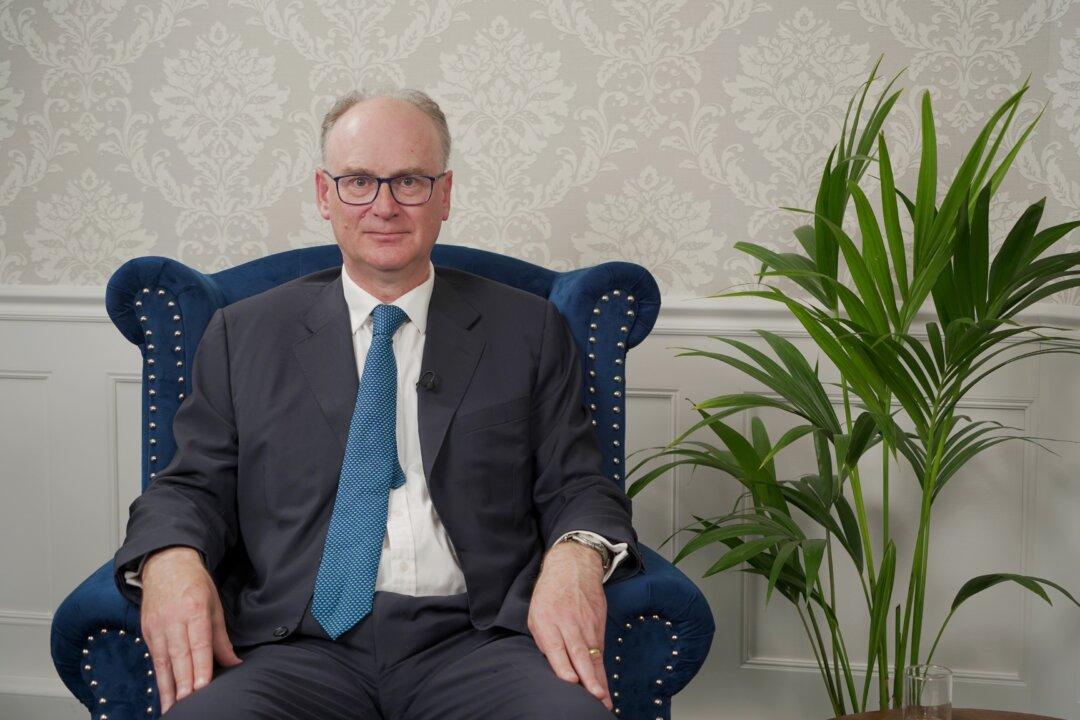It’s shocking how little the world thinks it appropriate to investigate the origin of COVID-19, said Matt Ridley, British science writer and former member of the House of Lords.
Speaking to NTD’s “British Thought Leaders” (BTL) programme, Ridley said the hunt for the origin of COVID-19 is a “really interesting example” of how “citizen science” stepped in when professional scientists, journalists, and spies “haven’t done a very good job of investigating this at all.”






